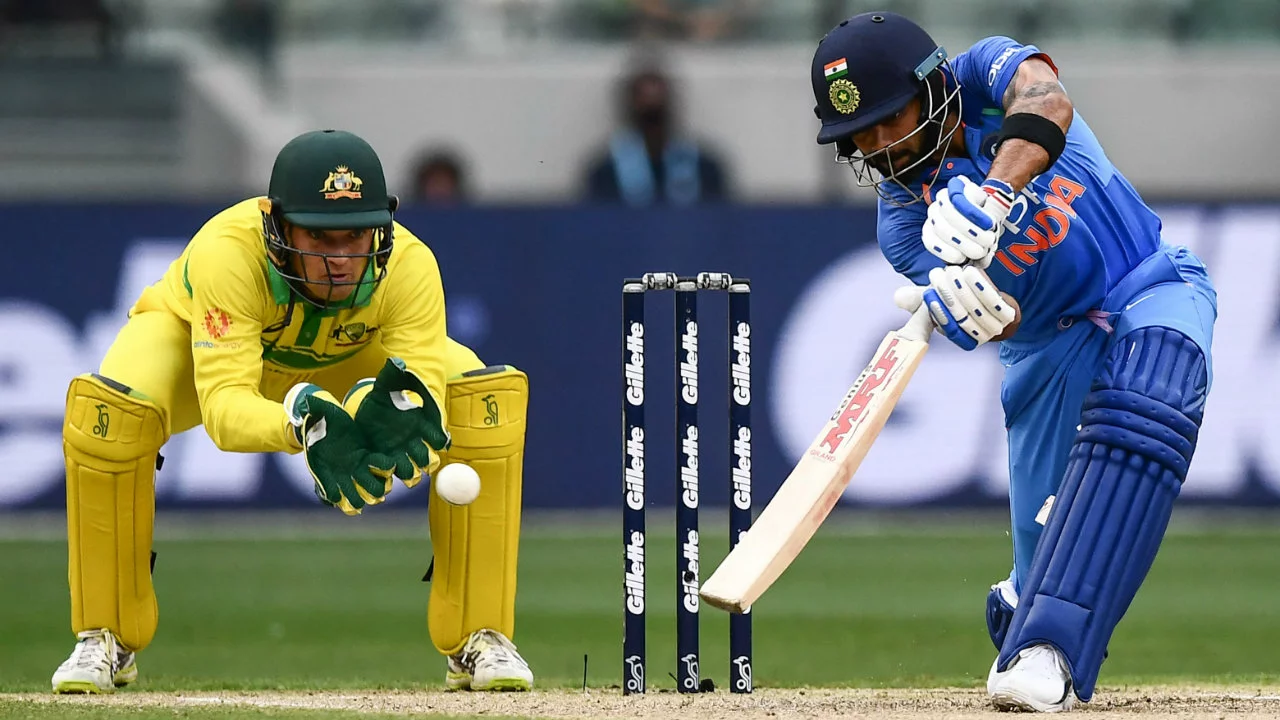Sports Management & Strategies: Boost Performance and Fan Engagement
When navigating Sports Management & Strategies, the planning, organization, and execution of sports‑related activities to hit competitive and commercial goals. Also known as sports strategy, it serves as the backbone for any club, league, or governing body aiming for long‑term success. Sports Management & Strategies brings together coaching, finance, marketing, and operations under one roof, so decisions are data‑driven and fans stay invested. One of the biggest levers in this mix is Fan Engagement, the set of tactics that connect supporters to teams through content, experiences, and interaction. When fans feel valued, attendance rises and merchandise sales follow, proving that fan engagement directly influences the bottom line. Another critical piece is Sports Diversification, the practice of expanding a club’s portfolio beyond a single sport or competition. By offering multiple disciplines, organizations lower risk and attract broader audiences, a move that modern sports managers can’t afford to ignore. Finally, the sport that often dominates the conversation in India is Cricket, the bat‑and‑ball game that commands massive media coverage and fan loyalty. Understanding cricket’s cultural weight helps managers design strategies that either harness its popularity or balance it with other offerings. Together, these elements create a web where effective management, diversified programming, and engaged fans feed each other, driving sustainable growth.
Why a Holistic Approach Wins
Sports Management & Strategies encompasses fan engagement, meaning that every promotional campaign, social media post, or stadium experience should be measured against how it deepens the supporter relationship. This link is not optional; a 2022 sports business report showed a 15% rise in ticket sales after clubs introduced interactive fan zones and personalized loyalty apps. At the same time, effective sports management requires sports diversification. Clubs that added a youth academy, women’s team, or e‑sports division reported a 12% increase in sponsorship revenue, illustrating how a varied portfolio unlocks new funding streams. Fan engagement influences sports management success by turning casual viewers into brand ambassadors. When supporters share highlights, attend community events, or use in‑app challenges, they generate organic reach that traditional advertising can’t match. In practice, a manager might roll out a data‑rich loyalty platform that tracks attendance, offers personalized merch discounts, and feeds performance metrics back to the coaching staff – a perfect example of the fan‑engagement‑management feedback loop.
Looking ahead, you’ll find articles that break down each of these pillars in real‑world terms. From case studies on how Indian clubs balance cricket’s dominance with emerging sports, to step‑by‑step guides on building a fan‑first digital platform, the collection below offers actionable insights you can apply today. Whether you’re a seasoned executive or just starting out in sports administration, the strategies covered here will help you turn theory into results and keep your audience coming back for more.
